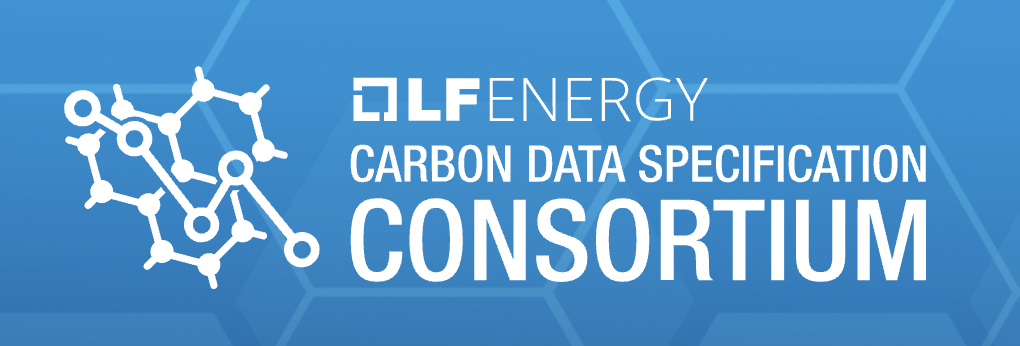Making Carbon Accounting Count
LF Energy, the open source foundation focused on the power systems sector, today welcomes the Carbon Data Specification Consortium (CDS) project, a standard specification that will help to define the raw data to track the carbon intensity of consumed energy and the carbon emissions associated with power systems, to guide grid decarbonization, and decision-making.
Initially, the CDS will consist of a semantic ontology, data dictionary, and usage guidance for raw data that enables measuring, quantifying, and tracking carbon emissions from energy production, transmission, distribution, and consumption. These standards and requirements are meant to boost the reliability and consistency of data, thereby enabling markets to confidently expand 24/7 carbon-neutral investments that support and inform grid decarbonization.
 “Historically, power networks have used two parameters to govern operations – the physics that enable reliability and safety, and the markets that manage supply and demand. Decarbonization requires that we add a third leg – the environment as represented by carbon. The data used to calculate carbon emissions must be aligned with, and come from, the physics of the power network. We are leveraging the models and schema that utilities use today built on previous standards that have enabled operations and interoperability.” says Shuli Goodman, Executive Director, Linux Foundation Energy. “We’re excited for the CDS to formalize the data specification that represents the carbon intensity of the nodal system to drive transparent accounting.”
“Historically, power networks have used two parameters to govern operations – the physics that enable reliability and safety, and the markets that manage supply and demand. Decarbonization requires that we add a third leg – the environment as represented by carbon. The data used to calculate carbon emissions must be aligned with, and come from, the physics of the power network. We are leveraging the models and schema that utilities use today built on previous standards that have enabled operations and interoperability.” says Shuli Goodman, Executive Director, Linux Foundation Energy. “We’re excited for the CDS to formalize the data specification that represents the carbon intensity of the nodal system to drive transparent accounting.”
The Carbon Data Specification Consortium (CDSC) includes stakeholders from utilities, power systems, power system software Maintainers, corporates with net-zero mandates, and new and emerging carbon tracking companies. Given the urgency of the climate crisis, and the current geo-political situation, participants agree that taking the traditional route will take too long. The Linux Foundation, who created the Community Specification 1.0, has been successful in multiple previous standards efforts. By applying the Community Specification to this initiative the group seeks to cut years off the traditional standards process.
This unique consortium of stakeholders from North America, Europe, and Australia positions the CDS to be a harmonized global data framework. The usage guidance will enable utilities and corporations to build confidence around emissions reporting for greenhouse gas accounting, the framework for meeting our global goals to arrest climate change. By joining forces and collaborating, we’ll get much farther, faster, and end up with more workable and optimal solutions.
You can contribute to the effort and/or learn more about CDS through its GitHub repository.
